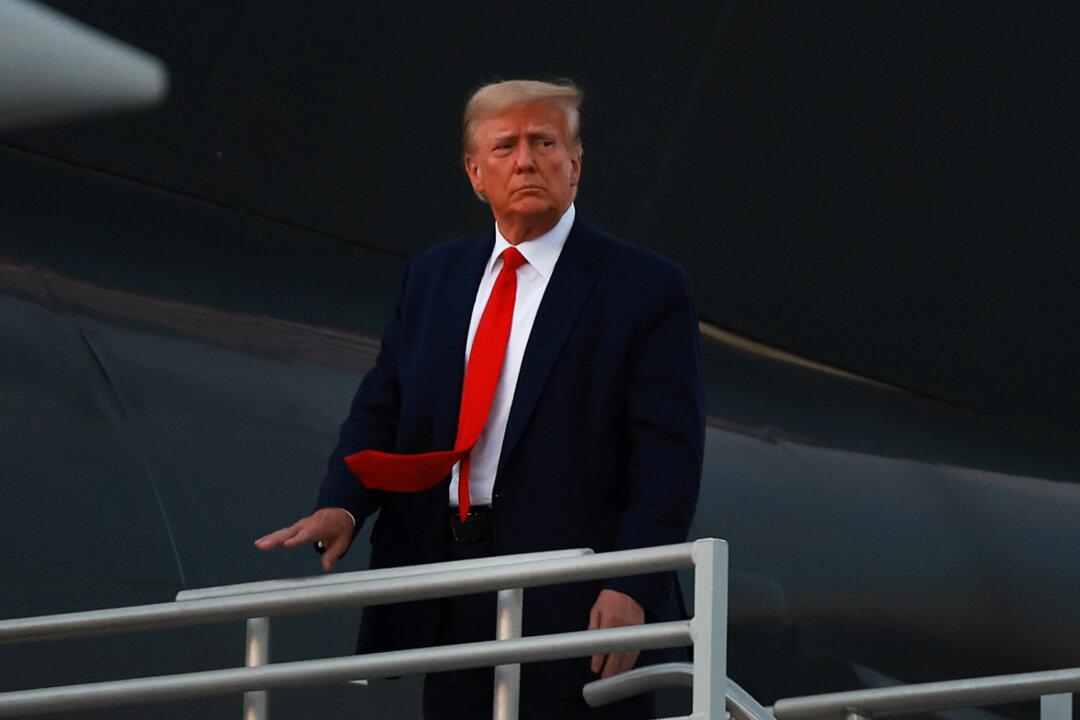The sprawling case against former President Donald Trump in Georgia has driven many of the defendants to ask for donations in order to cover legal fees. President Trump himself has dug deep into his campaign coffers to ensure his representation in this and other court cases he is facing.
While some of the 19 defendants have done quite well raising hundreds of thousands of dollars in a short time span, others seem to be struggling.





